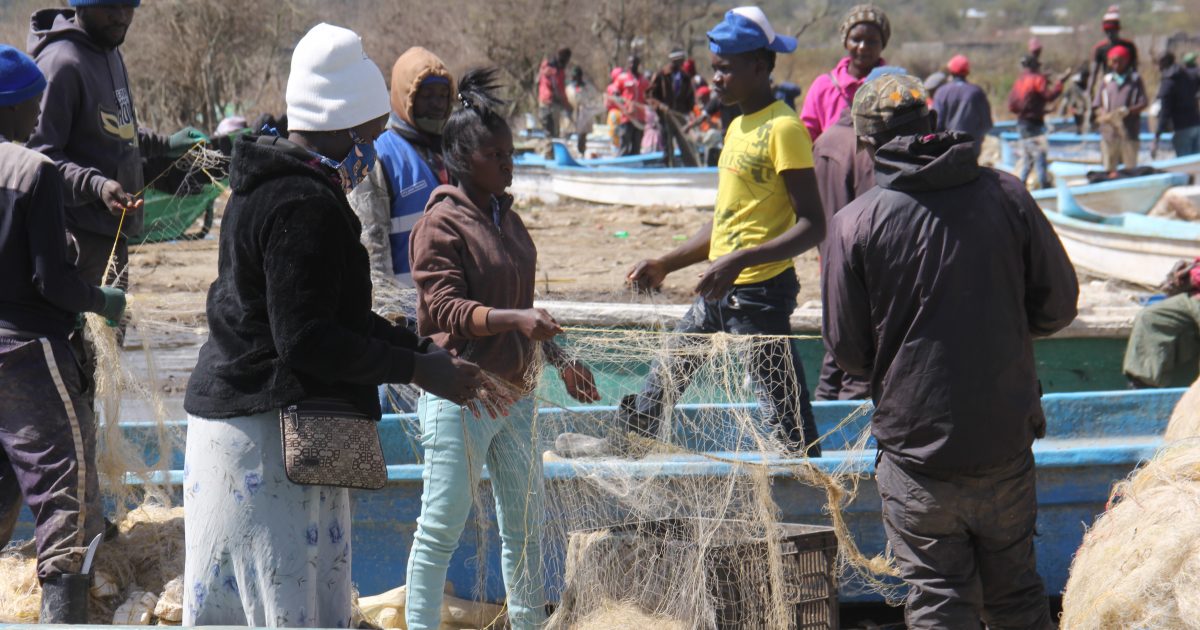Fishermen in Nakuru West Sub County woke up to grief on Monday morning after one of their colleagues drowned in Lake Nakuru.
The deceased only known by his first name as Sammy, aged 19, drowned at 9.30 pm on Sunday evening after a canoe they were using capsized due to strong winds. He was in the company of three others who managed to swim to safety.
The deceased’s aunt, Hanifa Kimori said the accident occurred as the fishermen were returning from their expedition at Mwariki beach on the Lake’s Eastern shores.
“We’re engaging Kenya Wildlife Service personnel at the Lake Nakuru Park and Bird Sanctuary to help us retrieve the body,” she said.
Ms Kimori stated that the deceased’s colleagues tried their best to save him but were not successful.
She has therefore pleaded with the beach dwellers to keep vigilant and report to them in case they find the body along the lake shores.
Reacting to the incident, Nakuru West Member of Parliament Samuel Arama regretted that unlicensed operators were taking advantage of the fact that fishing was unregulated in the lake and urged fishermen to avoid conducting their fishing activities during the night.
He appealed to the government to enforce a ban on fishing activities at the Lake following findings by the Kenya Marine and Fisheries Research Institute (KMFRI) that fish from the water body were unfit for human consumption.
Mr. Arama said that most of the fishermen were amateurs who fail to take precautionary measures even though they have always been warned to put on life saver jackets whenever they go on fishing expeditions.
“Let relevant arms of the government enforce a ban on fishing to protect the health of consumers and to avoid such accidents in the lake. Samples analyzed by a government agency have confirmed that Lake Nakuru fish is not fit for human consumption,” Arama said.
A research conducted by KMFRI following complaints of faster-than-usual rotting of the fish, even when put under refrigeration, concluded that untreated industrial effluent flowing into the water body poses potential danger to human health.
“We have industrial waste flowing into the lake, I will be cautious to consume fish from Lake Nakuru,” said researcher George Morara in the KMFRI report, noting that the lake is unregulated and its fish has never been declared fit for human consumption.
The findings made public by Agriculture Chief Administrative Secretary Linah Jebii Kilimo also found that Lake Nakuru fish has a higher concentration of nitrates than the level suitable for their growth and reproduction, again attributing this to the heavy contamination by industrial chemicals.
The fishmongers said that unlike the catch from Lake Naivasha, the Lake Nakuru fish was rotting fast, and that it had a strangely unpleasant smell.
Of the four fish species found in Lake Nakuru, Nile tilapia was the most affected by the deaths. Most of the dead fish were larger in size than the average catch found in the lake.
by Anne Mwale





